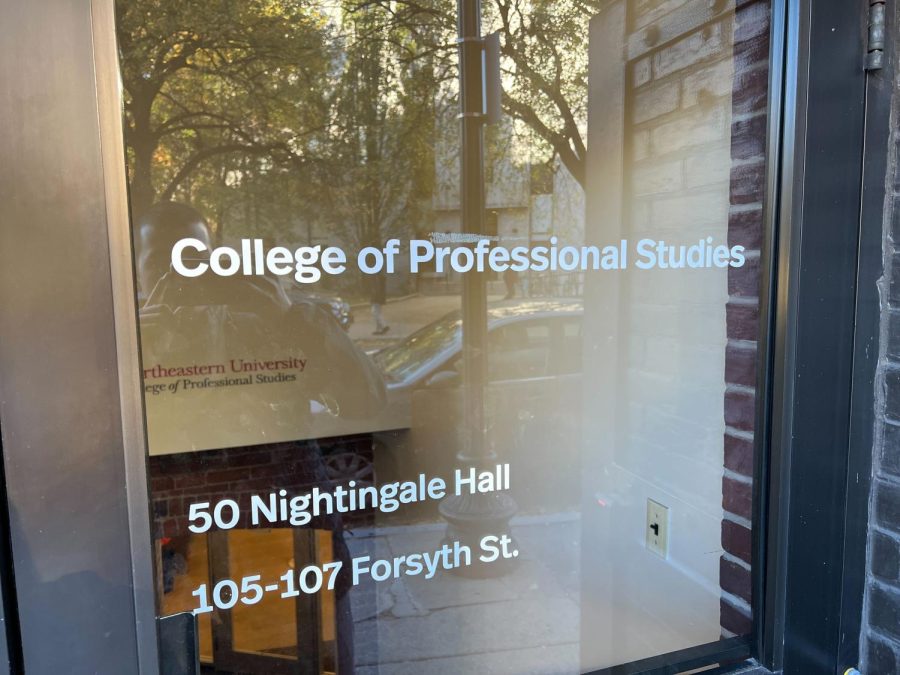Faculty senate establishes two new graduate programs
Northeastern’s faculty senate voted Nov. 2 to create two new graduate programs in the College of Professional Studies. The College of Science voted in a Master of Science in nanomedicine and the College of Arts, Media and Design voted in a Master of Science in creative collaboration and multidisciplinary design.
November 14, 2022
The university’s faculty senate held its biweekly meeting Nov. 2 and passed resolutions instituting two new graduate programs at Northeastern.
Before voting on these two proposals, the senate gave updates on the incorporation of Mills College staff into the faculty senate, which, according to Michael Gonyeau, assistant dean of assessment and curriculum and clinical professor, will be completed after a collective bargaining process with Mills’ unionized faculty.
In addition, the Senate Agenda Committee, or SAC, is reviewing a request from the Student Government Association, or SGA, to add questions to TRACE surrounding issues of diversity, equity and inclusion.
The first new graduate degree voted in was a Master of Science in nanomedicine. Nanomedicine is the application of nanotechnology, the manipulation of individual atoms and molecules, in medicine.
“We’re very excited about this program. It’s at the cutting edge, and there’s a lot of demand for it right now,” said Carla Mattos, associate dean of graduate affairs and professional programs at the College of Science. “This is an example of where Northeastern could be at the forefront of what’s coming and where medicine is moving.”
According to the executive summary for the program, the five current nanomedicine courses will be redesigned to create six core courses, two concentration courses and a year-round professional seminar course.
The second program, instituted by the College of Arts, Media and Design, was a Master of Science in creative collaboration and multidisciplinary design.
According to the executive summary for the program, the curriculum will be “rooted in the creative process and design as the main drivers for adaptive thinking, collaborative team-building, and data-driven communication.” Students are expected to graduate skilled in dynamic multi-channel communication, adaptive and improvisational thinking and team-based creative engagement.
“It’s very flexibly structured to engage employers across the network,” said Ian Canning, assistant dean for mobility, executive, and partner programs. “These are critical skills … [and] it establishes synergies across a lot of departments and schools across [the College of Arts, Media and Design].”







